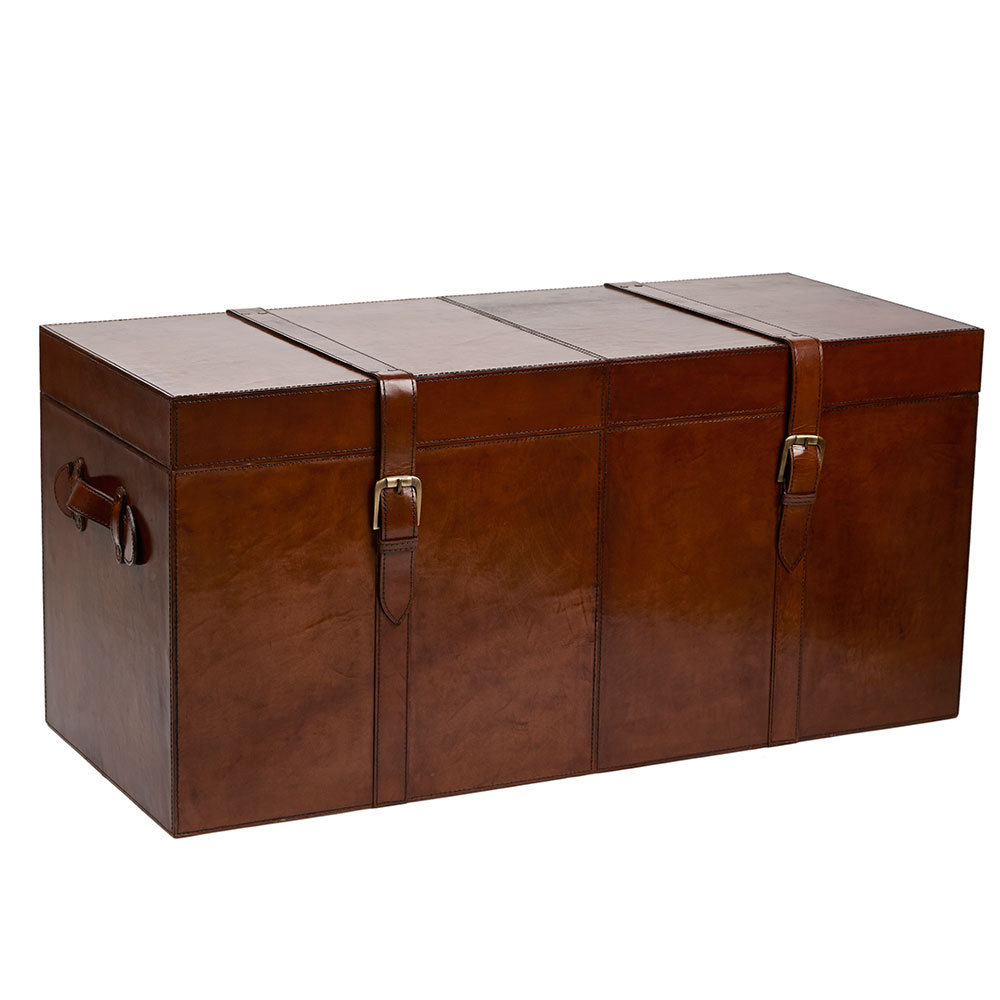

Container names can be between 3 and 63 characters long.Follow these rules when naming a container: A storage account can include an unlimited number of containers, and a container can store an unlimited number of blobs.Ī container name must be a valid DNS name, as it forms part of the unique URI used to address the container or its blobs. ContainersĪ container organizes a set of blobs, similar to a directory in a file system.
#Ez7z huge storage how to
To learn how to create a storage account, see Create a storage account. For information about legacy storage account types, see Legacy storage account types. To learn more about types of storage accounts, see Azure storage account overview. Learn more about workloads for premium page blob accounts. Premium storage account type for page blobs only. Learn more about workloads for premium block blob accounts. Recommended for scenarios with high transaction rates or that use smaller objects or require consistently low storage latency. Premium storage account type for block blobs and append blobs. Recommended for most scenarios using Blob Storage or one of the other Azure Storage services. Standard storage account type for blobs, file shares, queues, and tables. The following table describes the different types of storage accounts that are supported for Blob Storage: Type of storage account

The combination of the account name and the Blob Storage endpoint forms the base address for the objects in your storage account.įor example, if your storage account is named mystorageaccount, then the default endpoint for Blob storage is: Every object that you store in Azure Storage has an address that includes your unique account name. The following diagram shows the relationship between these resources.Ī storage account provides a unique namespace in Azure for your data. Blob storage resourcesīlob storage offers three types of resources: Azure Data Lake Storage Gen2 offers a hierarchical file system as well as the advantages of Blob storage, including:įor more information about Data Lake Storage Gen2, see Introduction to Azure Data Lake Storage Gen2. Client libraries are available for different languages, including:īlob storage supports Azure Data Lake Storage Gen2, Microsoft's enterprise big data analytics solution for the cloud. Objects in Blob storage are accessible via the Azure Storage REST API, Azure PowerShell, Azure CLI, or an Azure Storage client library. Users or client applications can access objects in Blob storage via HTTP/HTTPS, from anywhere in the world. Storing data for analysis by an on-premises or Azure-hosted service.Storing data for backup and restore, disaster recovery, and archiving.Serving images or documents directly to a browser.Unstructured data is data that doesn't adhere to a particular data model or definition, such as text or binary data. Blob storage is optimized for storing massive amounts of unstructured data. Azure Blob storage is Microsoft's object storage solution for the cloud.


 0 kommentar(er)
0 kommentar(er)
